How Winston Churchill Handled His Darkest Period
Winston Churchill is unquestionably one of the most famous world leaders of all time. He spent nine years as the prime minister of the United Kingdom, with many ups and downs for both Churchill and the country.
Many argue that one year in particular, 1942, was the darkest period of his entire career, maybe even his life. And understanding how he handled this horrific year has told historians a great deal about Churchill as a leader and a man.
Winston Churchill Was Beloved by All Until 1942
During the first year or so after Churchill was elected prime minister, he was considered a shining star within the government. While his constituents weren’t always pleased with parliament, they always had kind words for their beloved PM.
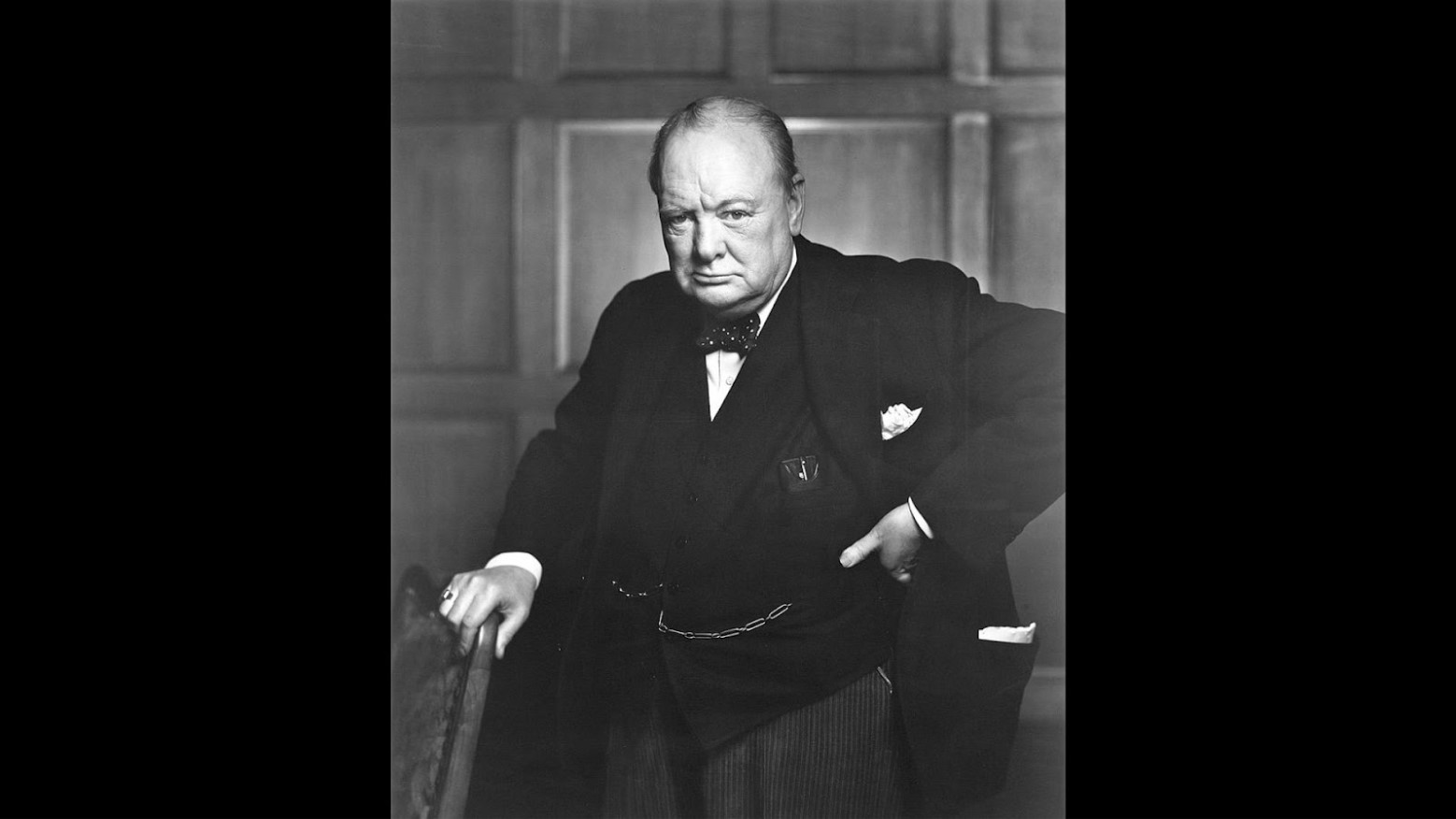
Source: Wikipedia
But that all changed in 1942. One Women’s Auxiliary Air Force officer wrote at the time, “Up to now, the government has been [criticized] often, but always with the reservation ‘Churchill’s all right.’ But now Churchill is condemned with the rest.”
What Happened in 1942 to Change the Public’s Opinion of Churchill?
At the start of 1942, World War II was raging in Europe, Asia, and even North Africa. The United Kingdom had been an active participant in the war since the day it began in 1939, but while there had always been highs and lows, 1942 began with only lows.
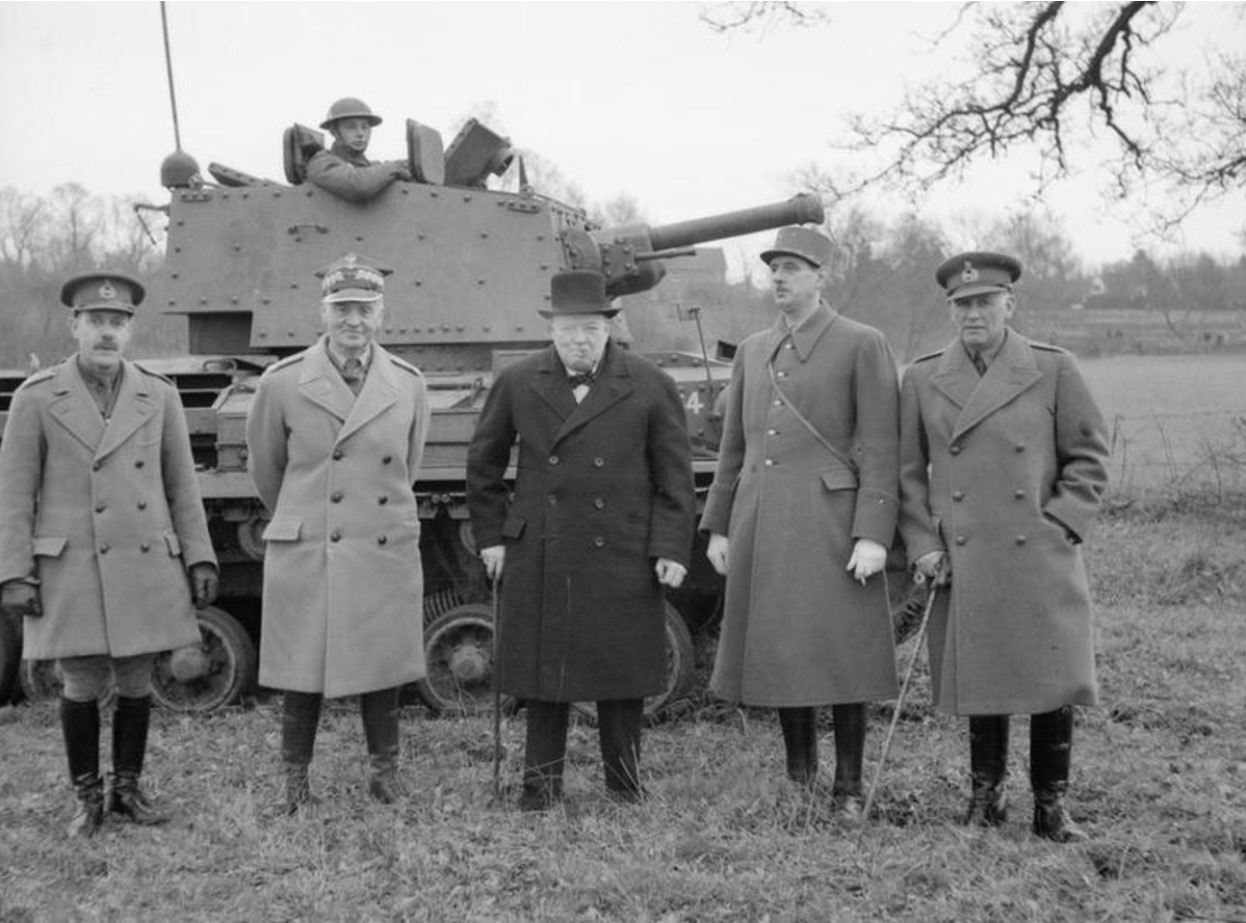
Source: Wikipedia
From Japanese advancements to German warships in the English Strait to the fall of Singapore, several embarrassing events occurred in just one weekend in February of 1942. And the entire country was blaming Winston Churchill.
February 12, 1942: German Warships Cruise the English Channel
Scharnhorst, Gneisenau, and Prinz Eugen, three German warships, casually passed through the English Channel into the Strait of Dover in the middle of the day on February 12, 1942.
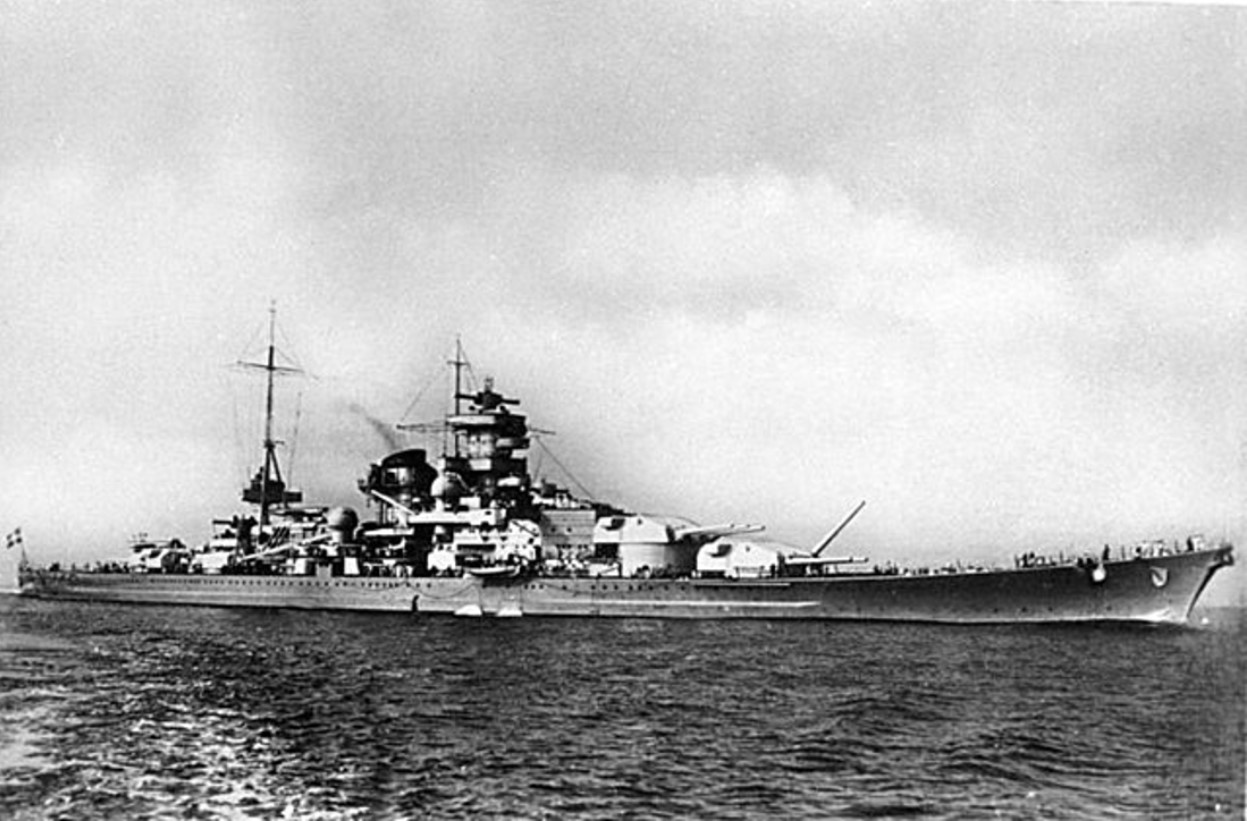
Source: Wikipedia
After the sighting, local residents along the Channel all agreed that their government, specifically their prime minister, had completely humiliated the entire country. If they couldn’t stop enemy warships from cruising down their canals, how could they expect to win a war?
February 15, 1942: The Fall of Singapore
Then, just two days laters, Japanese forces finally made their way to only miles outside the protected city state of Singapore. Churchill then had to announce that 100,000 British and imperial soldiers yielded the entire city to a much smaller of Japanese militia, making it the biggest surrender in Great Britain’s long history.
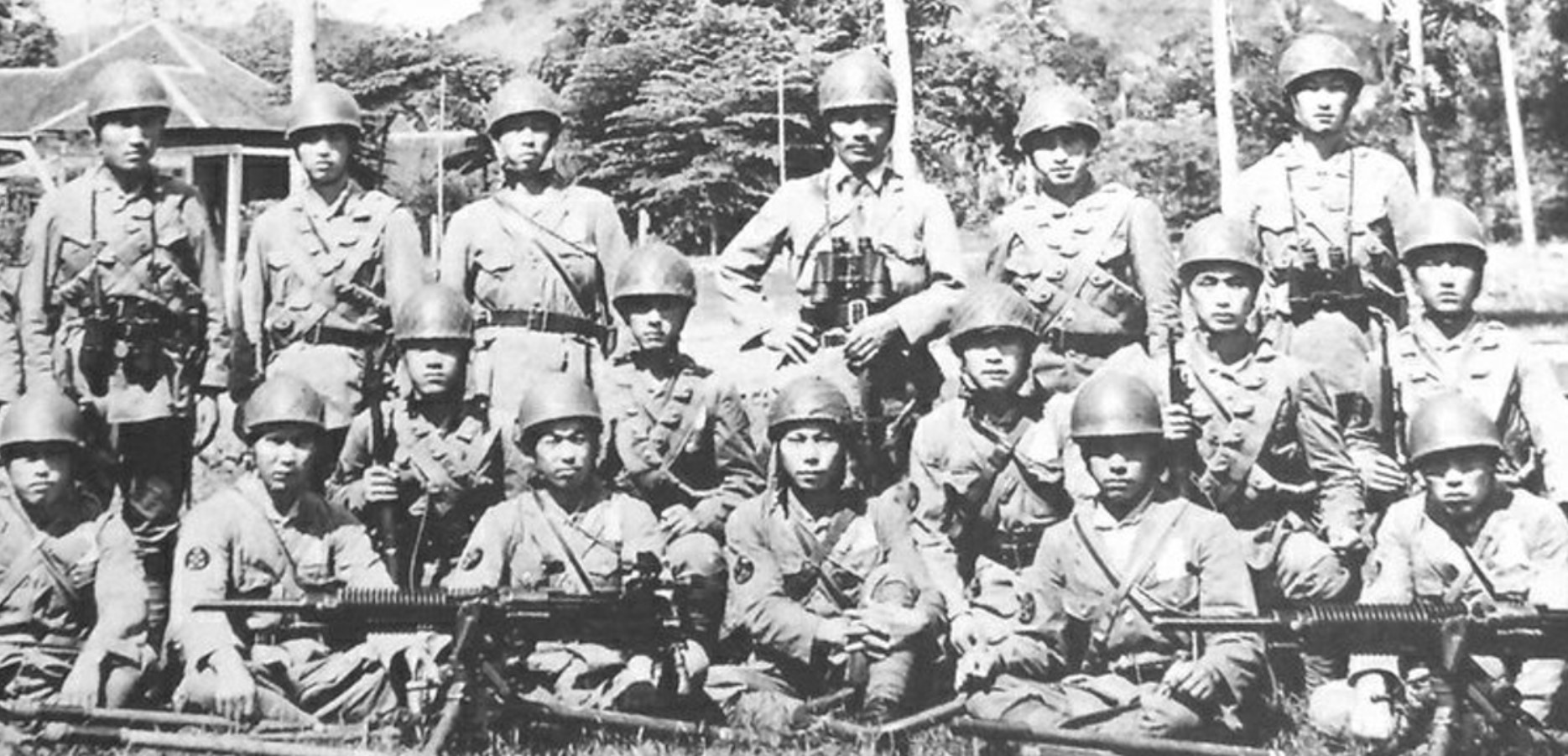
Source: Wikipedia
Later in life, Churchill called the surrender of Singapore as: “The greatest disaster to British arms which our history records.”
Doubt Begins to Stir in Parliament
As both the prime minister and the minister of defense, Winston Churchill was taking the vast majority of blame for the many mistakes British militia had made over the weekend.
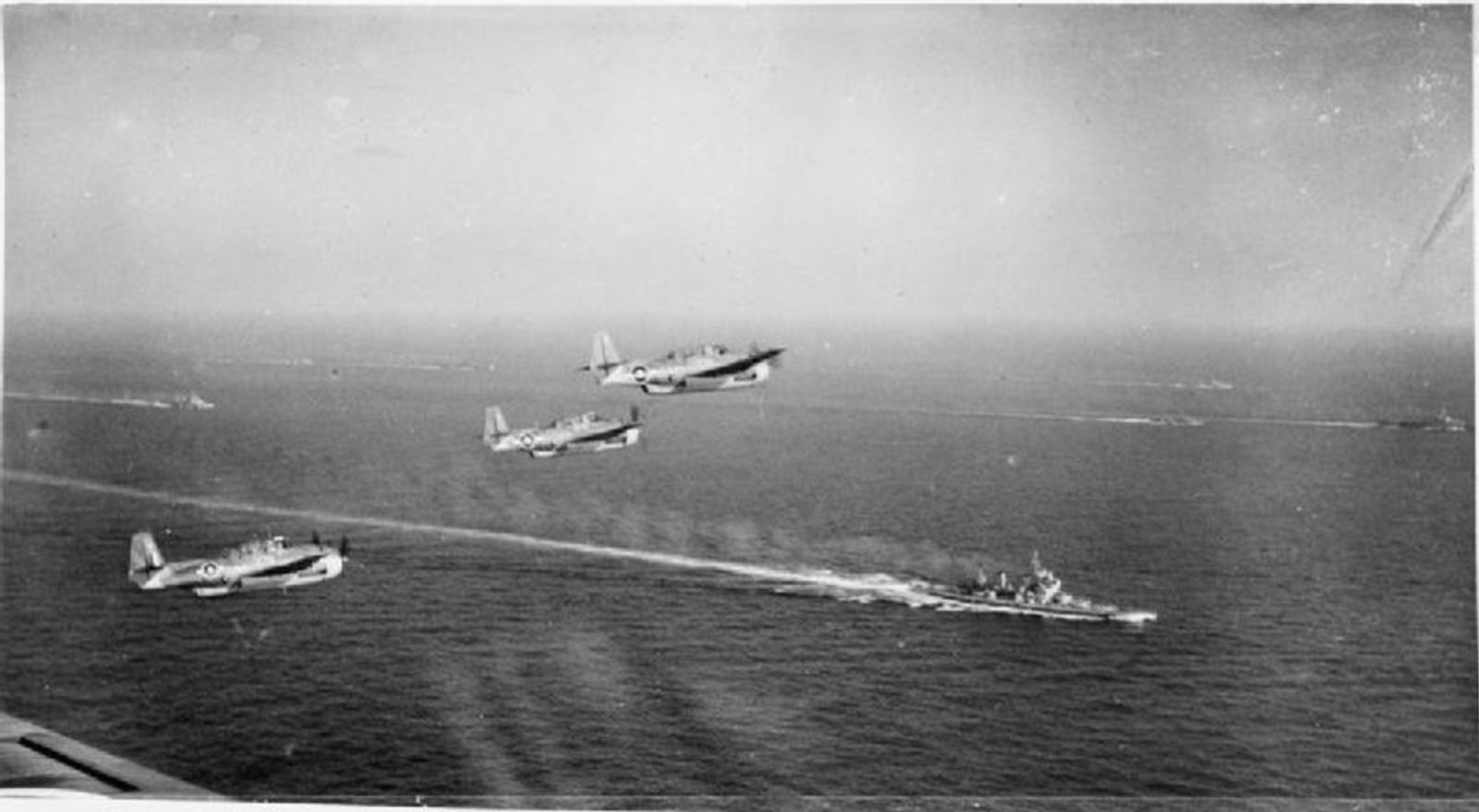
Source: Wikipedia
On February 16, 1942, Labour MP Frederick Bellenger announced at a cabinet meeting, “There is in the country, and indeed in the house at the present moment, a feeling that we have not got the right kind of persons to direct this war to a satisfactory conclusion… we have not got the right kind of government.”
Churchill Was Possibly the Hardest on Himself
Bellenger was correct in his assessment that the majority of British citizens, members of government, and even leaders within allied countries around the world were starting to lose faith in Churchill’s decision making.
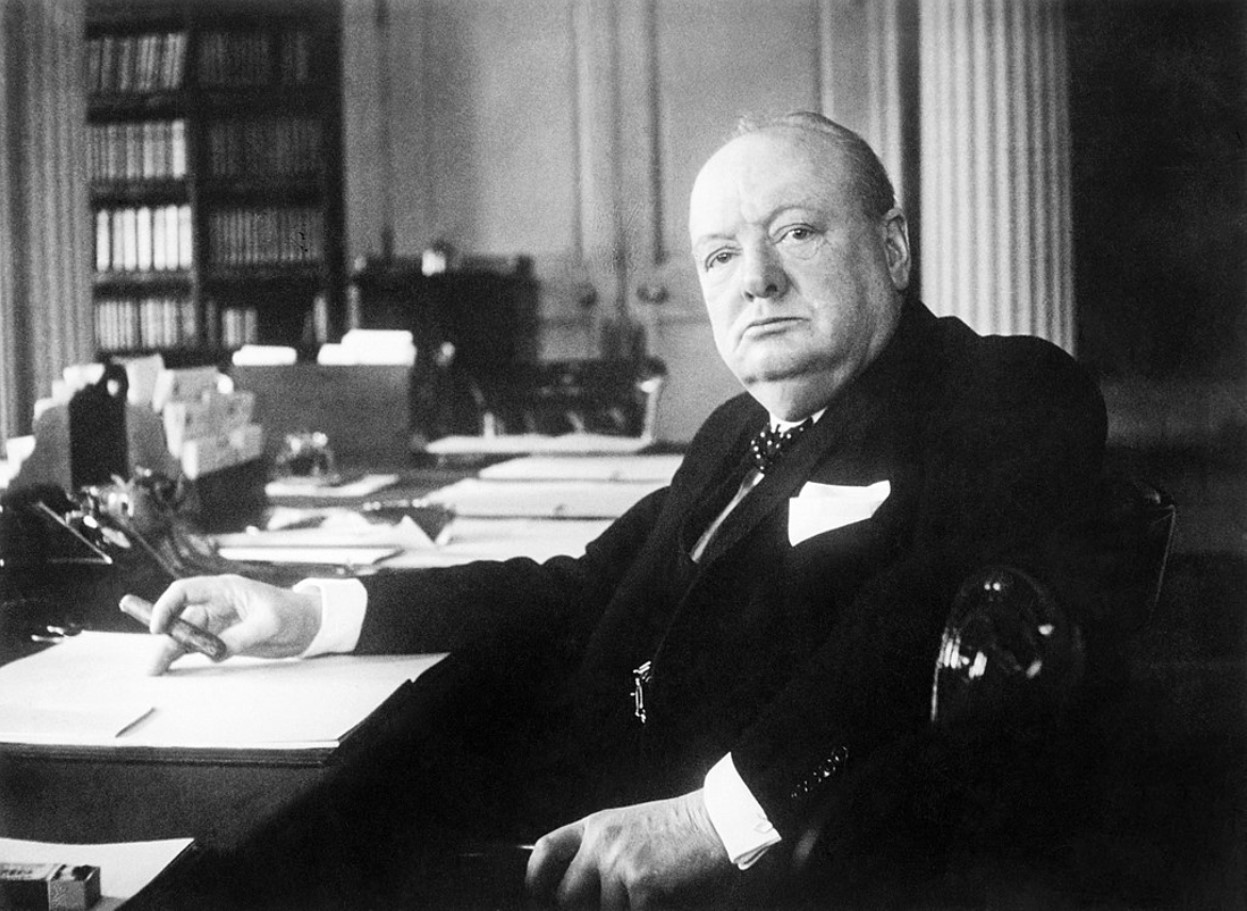
Source: Wikipedia
However, thanks to Churchill’s multi-volume memoir, notes from his daughter’s diary, and various other firsthand accounts, historians understand that during 1942, Churchill was being far harder on himself than anyone else could have been.
The Longest Retreat in British History
Things did not turn around for Churchill or Great Britain in the following months. On March 9th, British troops retreated by what is now Myanmar, once again breaking a national record, this time, for the longest retreat in history.
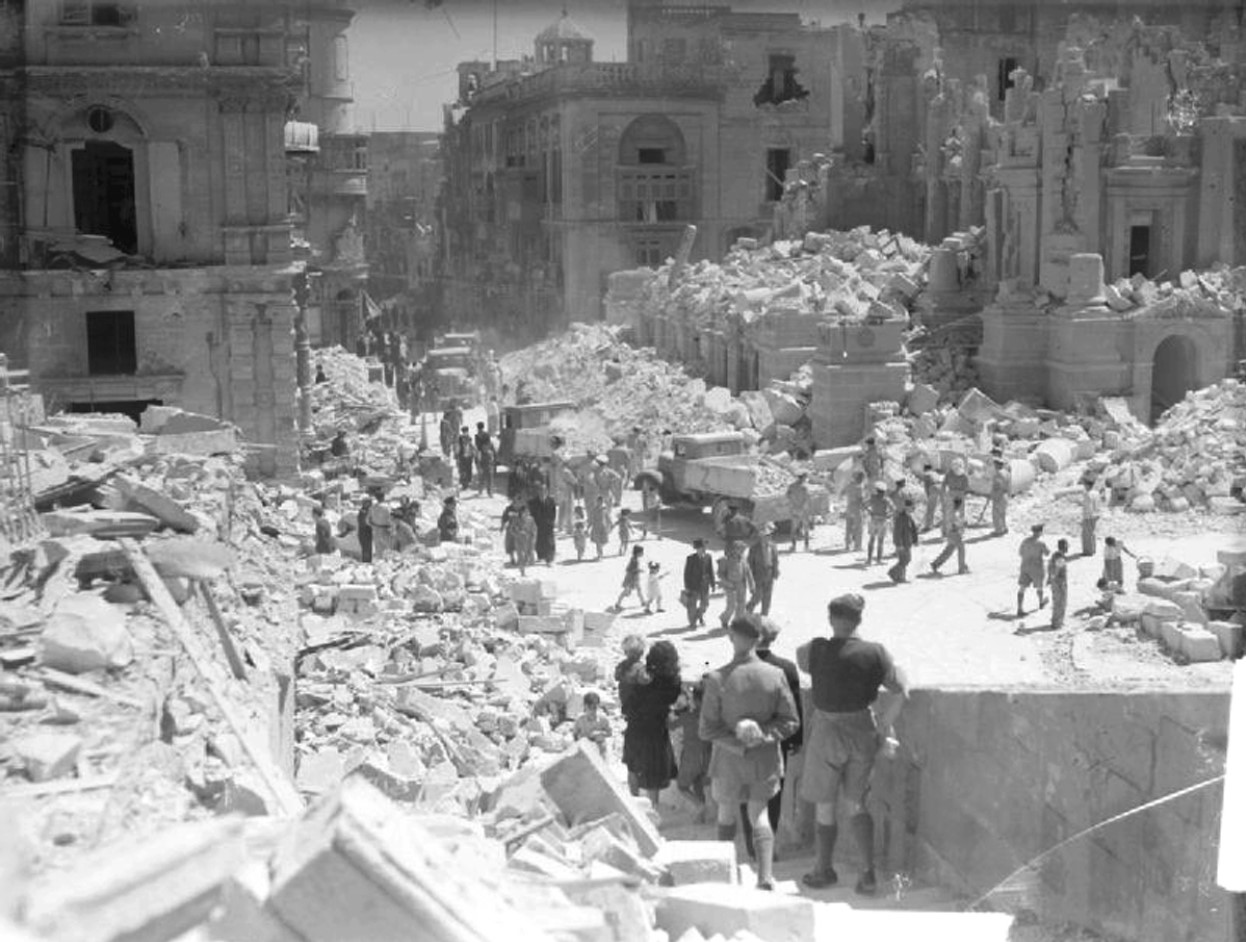
Source: Wikipedia
Around the same time, the island of Malta in the Mediterranean was devastated by air raids after the Royal Navy abandoned its post there. The navy attempted to return with supplies for residents, but within three days, all three ships had been sunk with the cargo still onboard.
“Defeat Is One Thing. Disgrace Is Another.”
Throughout each and every disastrous event for the UK’s military around the world, Winston Churchill was becoming more and more downtrodden.
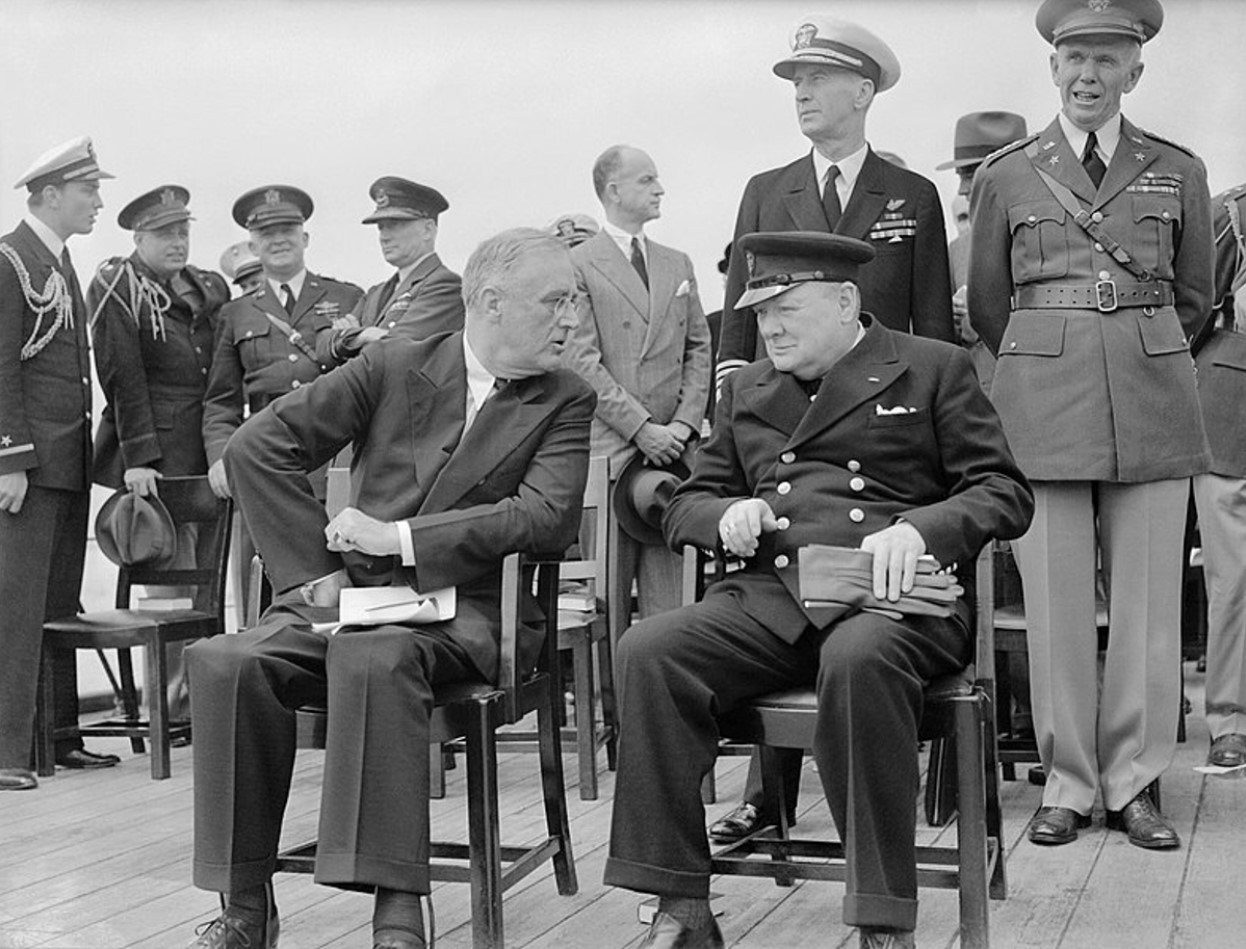
Source: Wikipedia
It was clear to everyone that Churchill felt the stings of his mistakes incredibly strongly; he wasn’t just disappointed, he was embarrassed. After one particular surrender in Egypt, Churchill said, “This was one of the heaviest blows I can recall during the war. Defeat is one thing. Disgrace is another.”
The Battle of El Alamein
After a few more months of surrenders, retreats, and failures around the world, there were few who had any faith at all in Churchill’s ability to ever win this ongoing war.
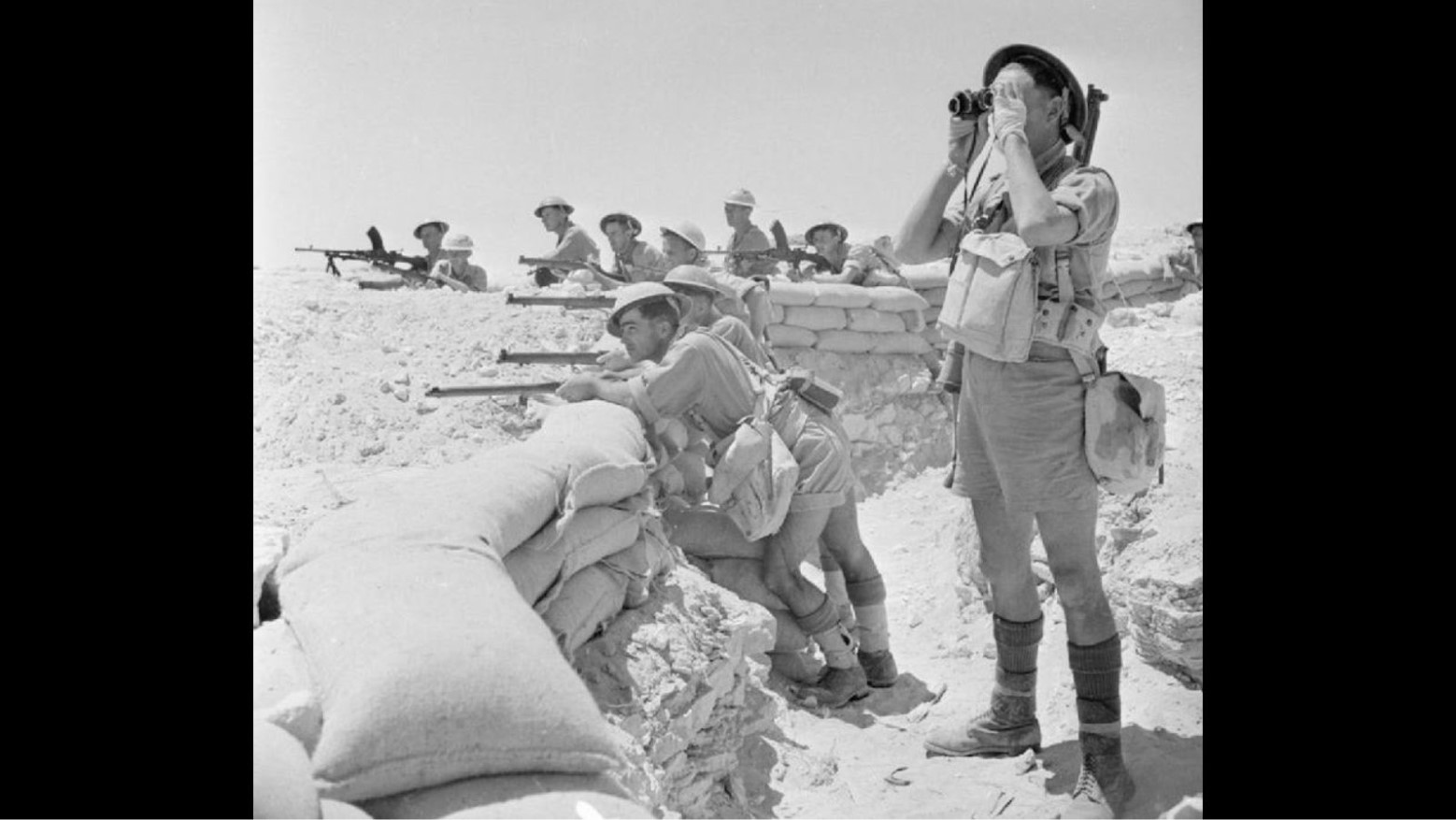
Source: Wikipedia
But luckily, the wind finally changed for the prime minister at the Battle of El Alamein. British troops had finally done what they set out to do and won the battle in Egypt. And it wasn’t a minute too soon as one of Churchill’s supporters said just before it started, “If we are beaten in this battle, it’s the end of Winston.”
There Were No More Mistakes After Alamein
In Churchill’s memoir, he wrote, “Before Alamein we never had a victory. After Alamein we never had defeat.”
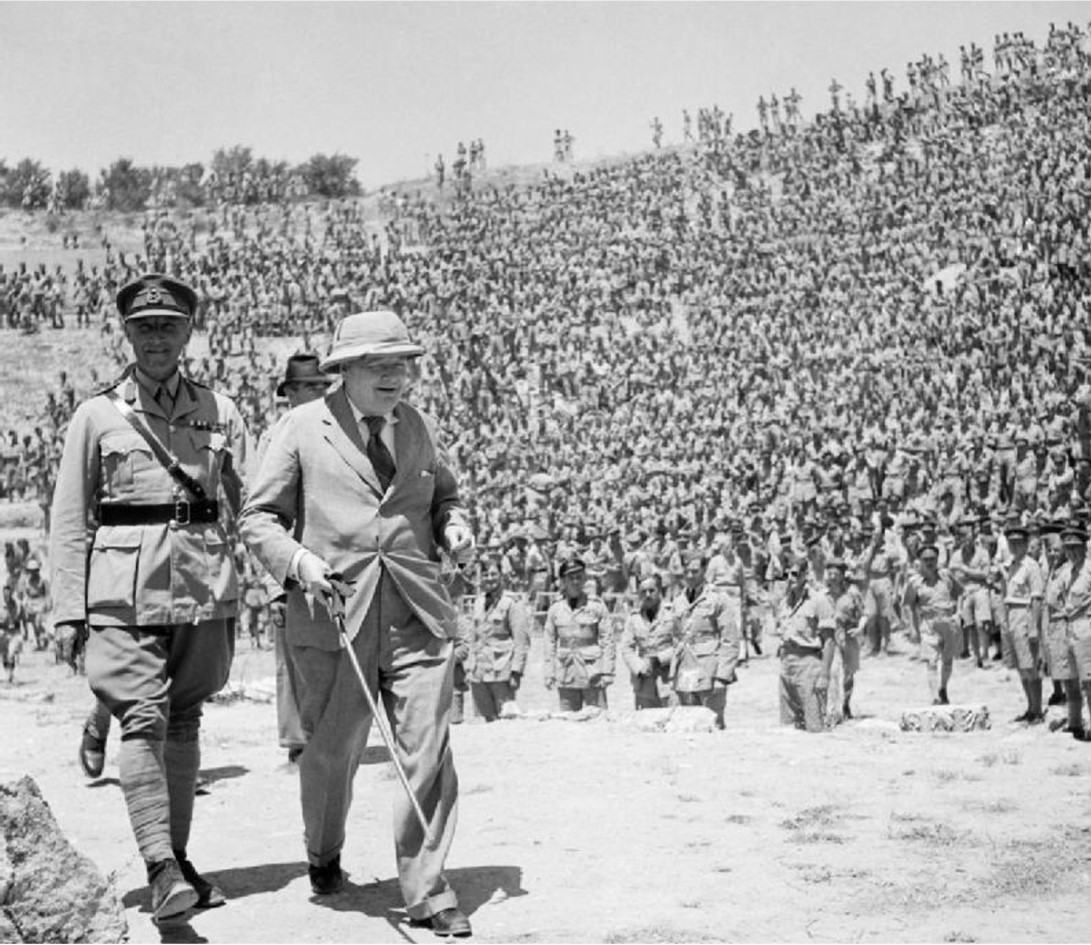
Source: Wikipedia
For the next two and half years of World War II, Churchill was considered by everyone to be an excellent strategist, loyal and dedicated leader, and an absolute force to be reckoned with.
Winning the War and the Love of the People
There’s no doubt that Winston Churchill did a great deal for the people of Great Britain, but many argue that winning WWII was what made him one of the most respected leaders the country has ever seen.
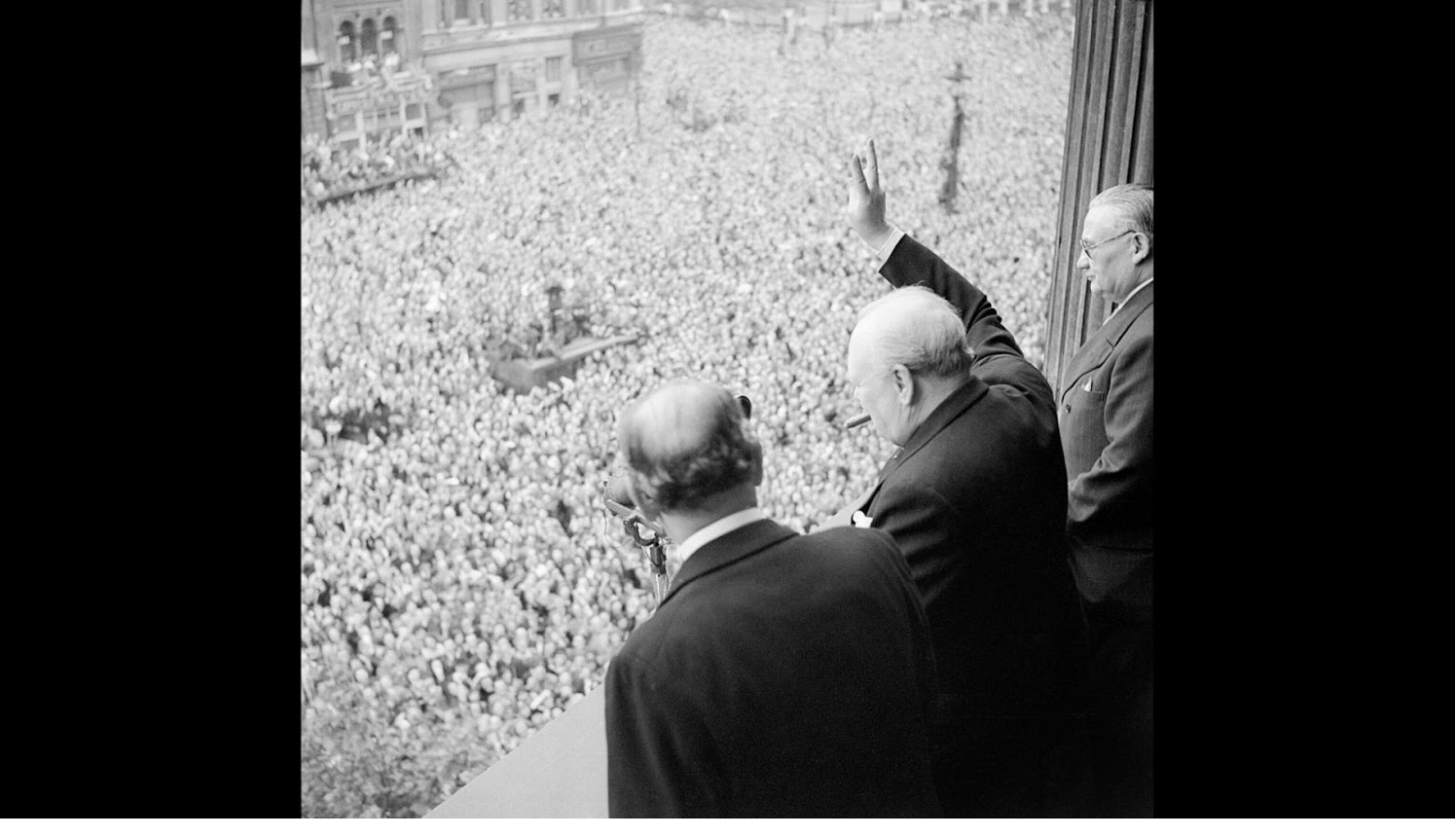
Source: Wikipedia
Churchill was a man who could learn from his mistakes, correct errors that needed correcting, and continue putting one foot in front of the other when times got tough until he came out the other side. That’s how he handled his darkest period in 1942 and how he continued to handle his career and life until the day he died.
